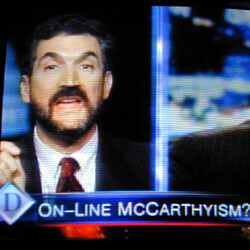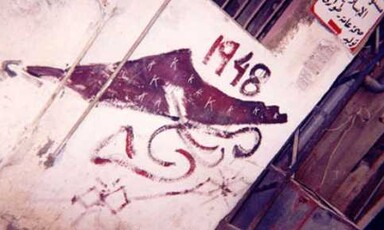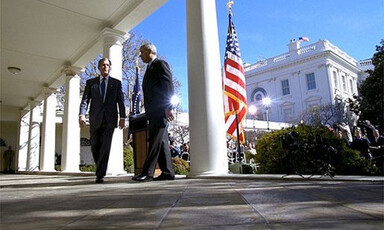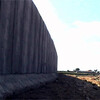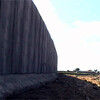
Imprisoned behind barbed wire: "Without European decisiveness no perspective on peace in the Middle East"
24 July 2003
While Israeli and Palestinian negotiators discuss the road map to peace and while Palestinian groups maintain a ceasefire, a delegation of nine prominent Dutch women visited Israel and the occupied Palestinian territories (July 6 - 12, 2003). The delegation was shocked to observe that while presently attempts are made to have the road map implemented, Israel is bringing about an opposite reality on the ground. Read more about Imprisoned behind barbed wire: "Without European decisiveness no perspective on peace in the Middle East"
